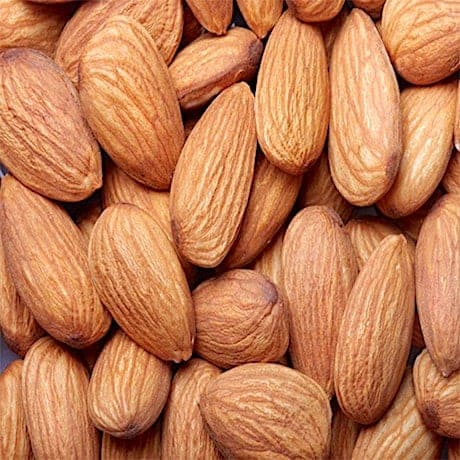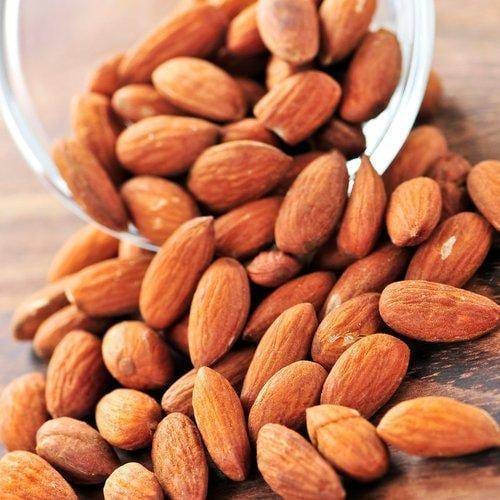Description
Almonds are a popular and nutritious tree nut known for their delicious flavor and numerous health benefits. Here’s a comprehensive overview:
Types of Almonds
- Sweet Almonds: The most common variety, often consumed raw, roasted, or as almond butter.
- Bitter Almonds: Contain toxins and are generally used to produce almond oil or in specific culinary applications after processing.
Nutritional Benefits
- Rich in Nutrients: Almonds are high in healthy fats, protein, fiber, vitamins (especially vitamin E), and minerals (like magnesium and calcium).
- Heart Health: Their monounsaturated fats can help reduce bad cholesterol levels.
- Antioxidant Properties: High in antioxidants, particularly vitamin E, which helps protect cells from oxidative stress.
Culinary Uses
- Snacking: Eaten raw or roasted as a healthy snack.
- Baking: Used in cookies, cakes, and pastries.
- Milk and Butter: Made into almond milk and almond butter for various dietary needs.
- Toppings: Added to salads, yogurt, and cereals for extra crunch and flavor.
Storage and Shelf Life
- Store in a cool, dry place to maintain freshness. Refrigeration can extend shelf life.
Tips for Consumption
- Portion Control: Though healthy, almonds are calorie-dense, so moderation is key.
- Soaking: Soaking almonds can improve digestibility and nutrient absorption.
If you’d like more information on specific recipes or health benefits, feel free to ask!




















Reviews
There are no reviews yet.